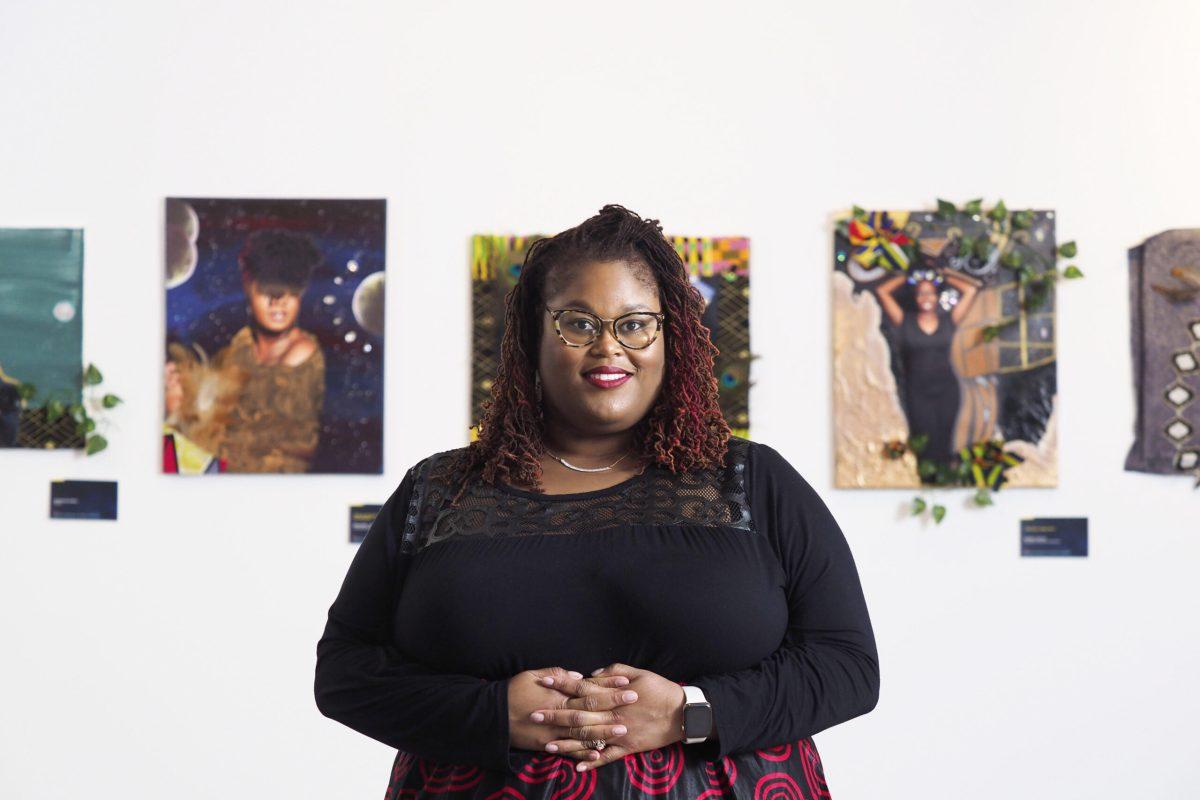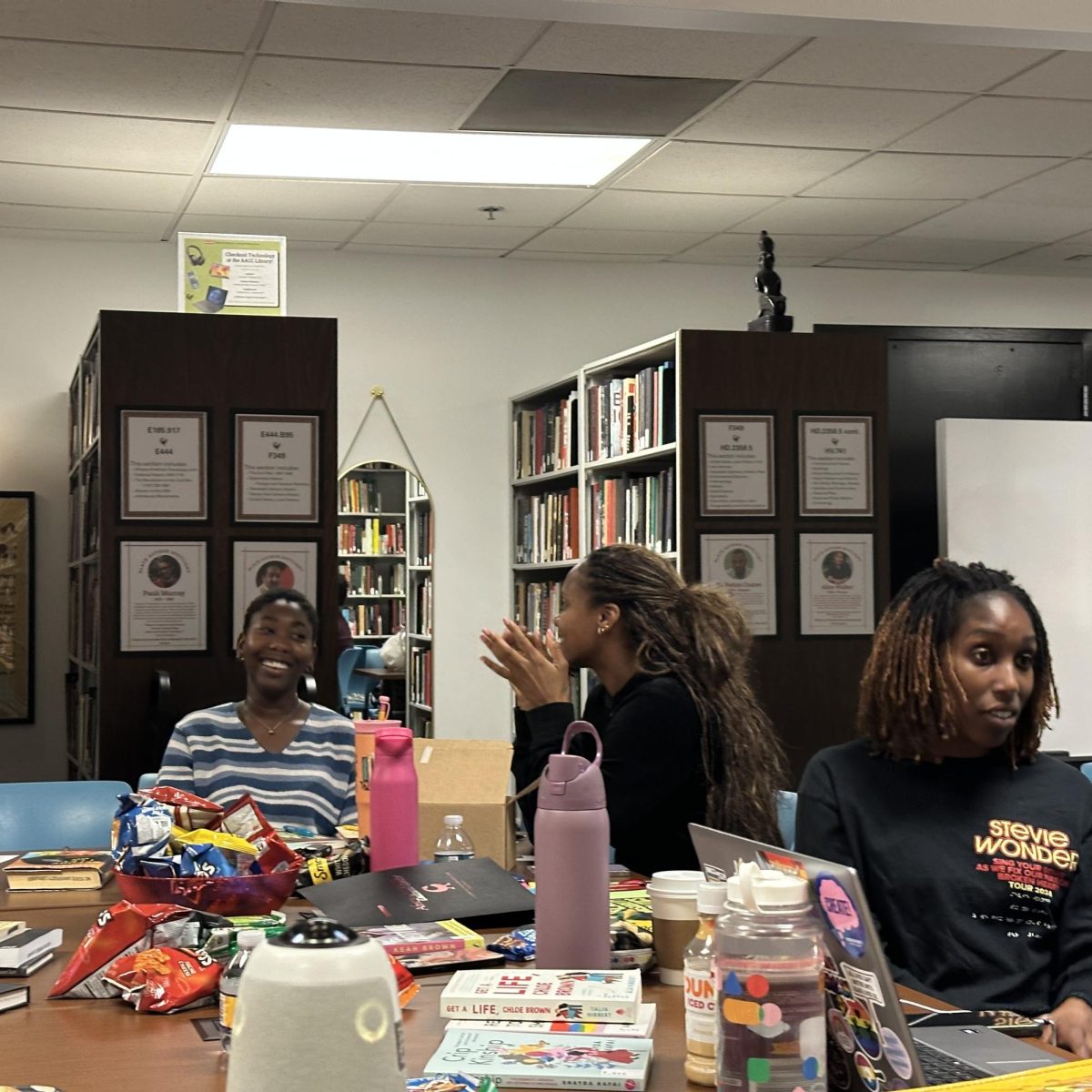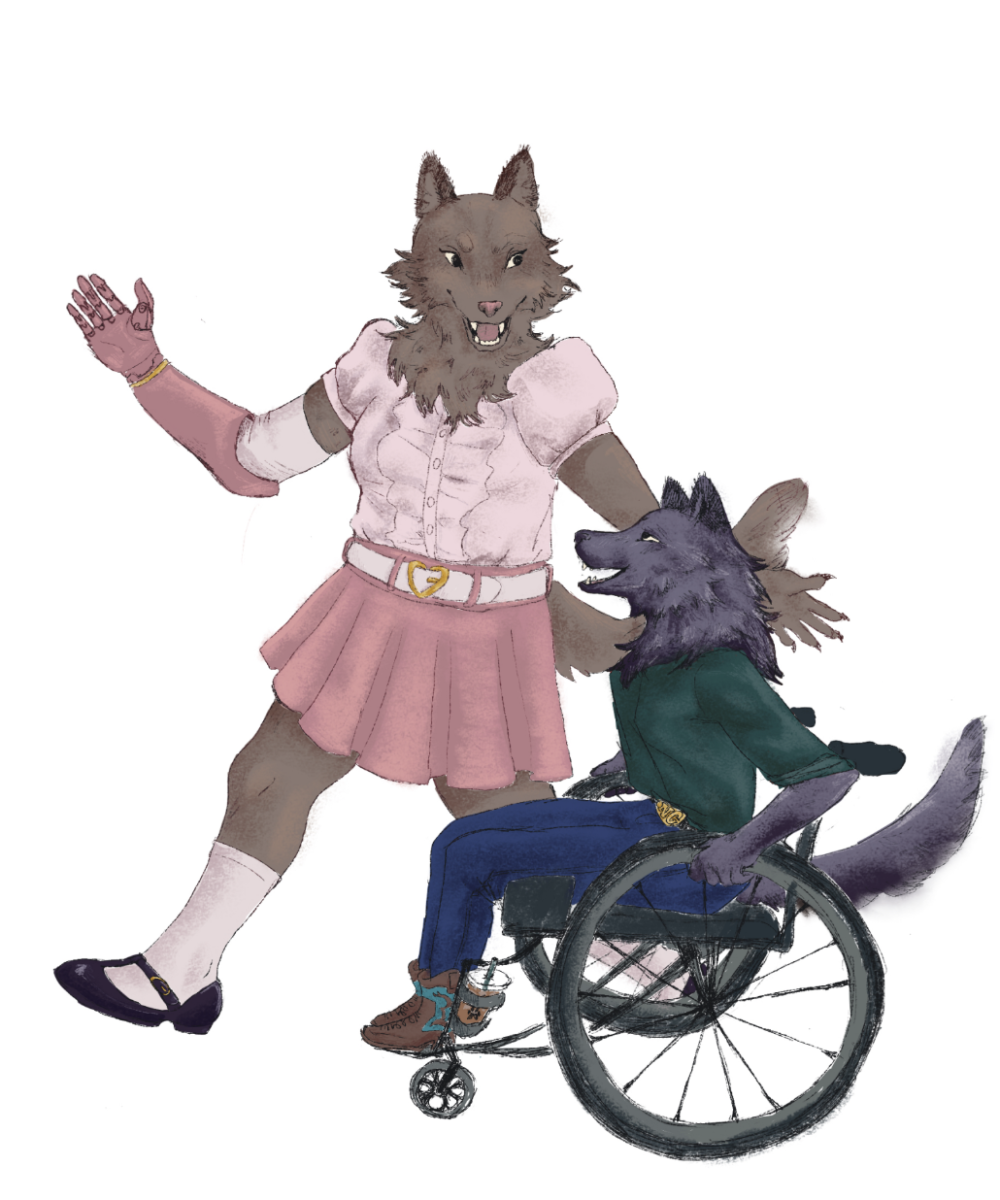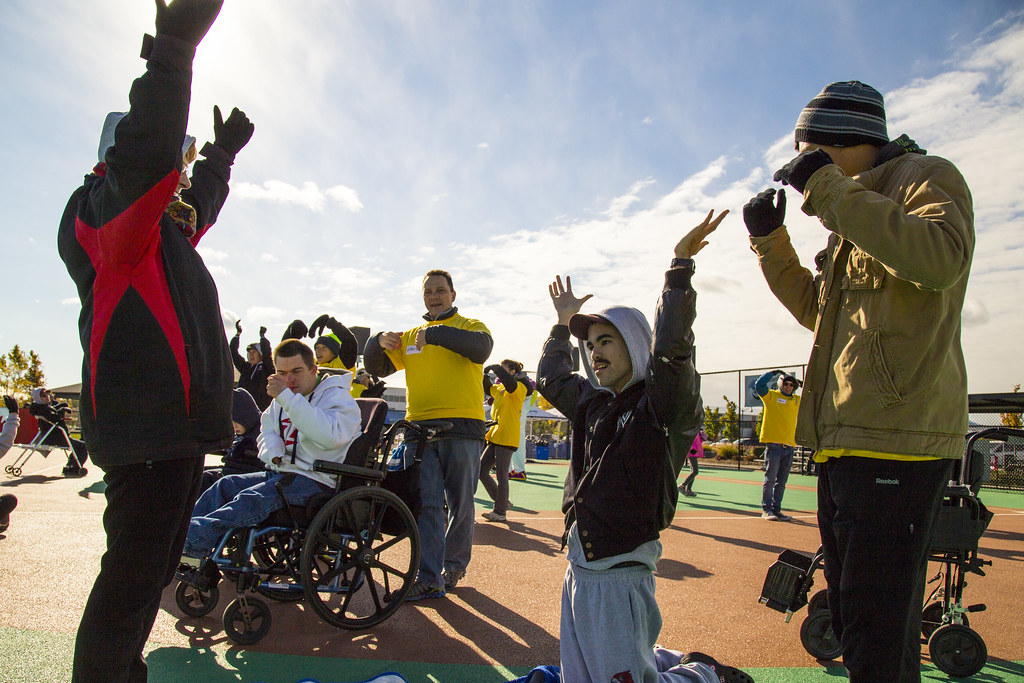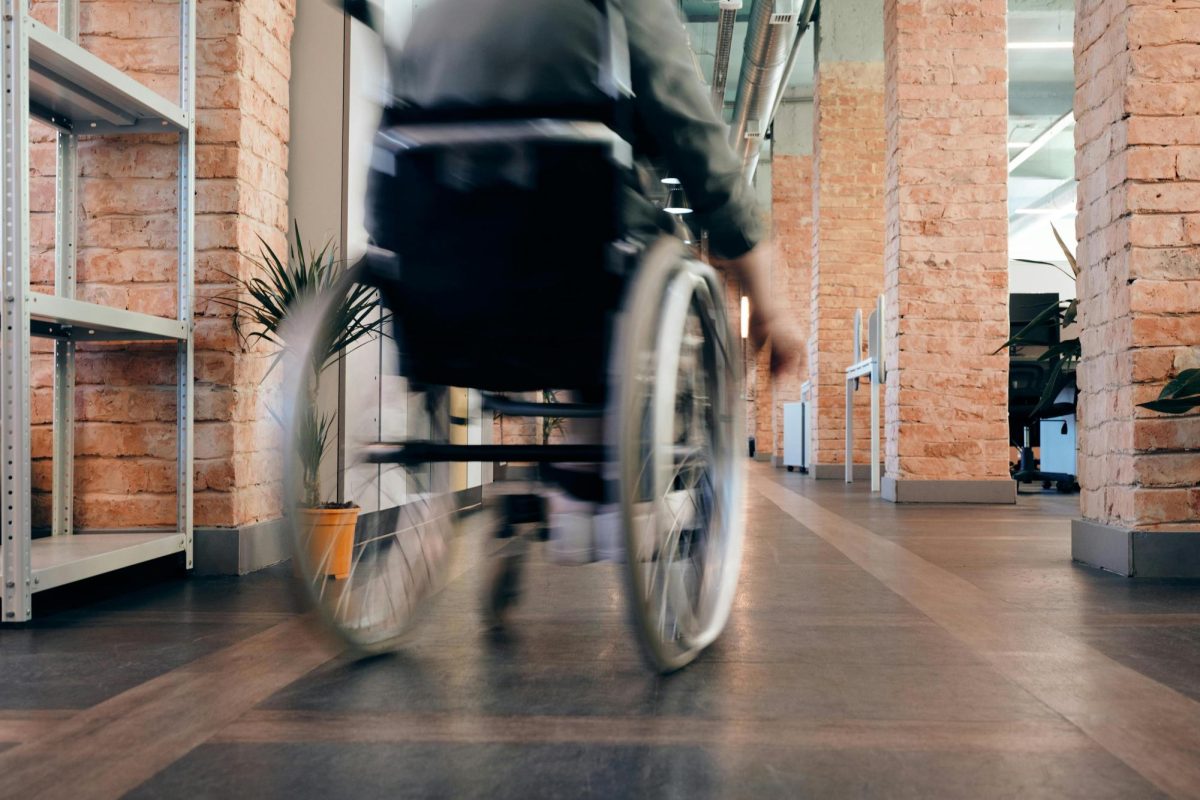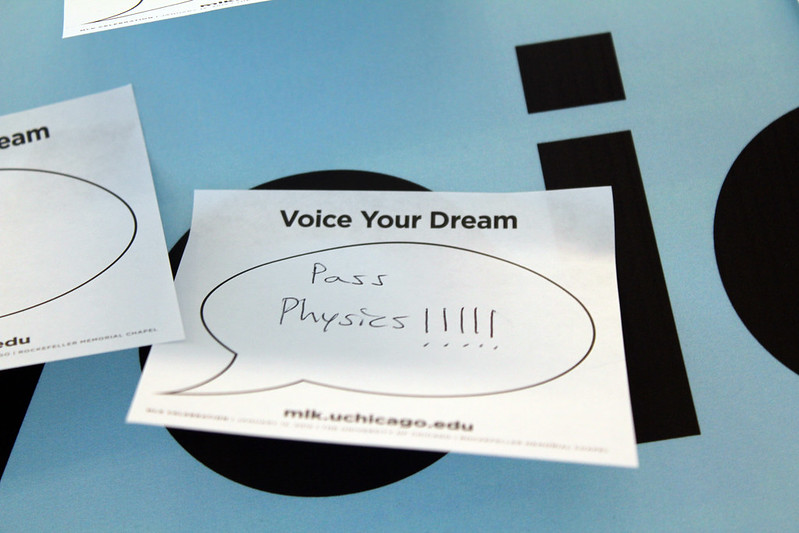Being a Black student at a PWI is no small feat by any means. Our very existence here is living proof that the struggles of those who came before us were for a reason. The trials that our ancestors had to go through against racism and the many systems that hold it in place have proof of their validity through us. However, that doesn’t mean that the work that they’ve done is finished. There are still systems that are made to make sure that black people won’t even have a fair chance to get into white-dominated spaces, and to try to push them out of these spaces if they do make it in.
This is where the importance of Black staff on campus comes in. They continue the work of those that came before them. Being one of few Black students on this campus, it can be hard to not feel alienated or for imposter syndrome to creep its way into one’s mind. But seeing the Black staff every day, from the workers at the dining halls to professors, reminds one to keep going, that they do belong.
On Friday, Feb. 11, at 6 p.m. Nubian Message sat down with angela gay-audre to ask how they feel about their position as a Black staff member at NC State. angela gay-audre is the director of the African American Cultural Center. She was the assistant director of the Women’s Center prior to her new position where she launched several initiatives including the Gender and Equity Research Symposium as well as the Womxn of Color Retreat.
Nubian Message: What do you feel your impact is as a Black faculty member at NC State?
angela gay-audre: My politic is quite centrally located on freedom. It is literally the only thing I care about. Having it being the only thing I care about means I have to care about everything that can get us there. That means that people, that means that systems and processes. The things that stand and the things that need to be deconstructed and rethought. It means being in conversations and dialogue with people, having a deep knowing, and moving beyond the surface. The way that I do that is through womanism and black feminism.
NM: What has been your biggest challenge as a Black faculty member at NC State?
AGA: It’s whiteness every day, and when I say whiteness I’m not talking about white people. I’m talking about white supremacy, I’m talking about whiteness as a belief system. I’m talking about whiteness in a way in which people are thinking about themselves solely rather than thinking about everyone else around them. A belief system that makes people think that there can only be one at the top and that means that everyone has to be oppressed. Those things are really challenging to my spirit, I am very non-hierarchical. That’s a problem for me. Because that’s not liberation, that’s not a choice.
NM: What brought you to NC State?
AGA: For my Ph.D. in the Educational Leadership Policy Human Development Program. I came to NC State to do a doctorate and then I started working. So that’s why I came.
NM: How do you feel your presence influences the black community on NC States’ campus?
AGA: I don’t know. It’s interesting because I haven’t seen all the black community. I haven’t been able to engage with everyone in a way I would’ve liked or in a way that I would like. We are in a really interesting place in the African American Cultural Center. I can speak to this from the perspective of the Womens’ Center for sure, pre-pandemic. I knew what my work did in that space, so I can speak to that. But for the here and now, the Cultural Center is kind of like a limbo space. So all these folks just came together. I spent a year hiring, now we are entering a year of forming, norming, and storming. And we had to hit the ground running.
Administratively as a director, I sit in too many damn meetings. That’s another challenge. Sitting in meetings means that you can’t really do the work. You don’t get to make the impact that you want to do. You don’t get to be in a thought partnership. Also, this is a decentralized space. Talley has food, it has resources. Witherspoon can feel like a ghost town sometimes. I don’t get the opportunity to sit with students the way I’d like to, and understand who they are, what they need, and the ways they want to be engaged. So I can’t fully answer that question from this perspective, but I think about what I did in the Women’s Center.
One of my sole goals in the Center was to create spaces for people to think about how they can be free. Having people being able to see themselves fully in an authentic way. Knowing their power, building that power, and asserting that as leadership, joy, or whatever they needed to catalyze that into in order to make movement in their own lives. That’s still my work but I don’t get to engage in the same way here. Due to how hierarchical it is. I have often been seen as a space that people came to when they were challenging themselves, wanted accountability, or just someone to listen or show support.
NM: What could NC State do to help grow an inclusive, diverse community?
AGA: Mean it. The community is already diverse, there’s nothing they have to do. Nobody has to do anything about increasing diversity other than looking outside of the channels that they already look in. People are diverse, even white folks. But when it comes to increasing diversity it’s not necessarily the diversity we’re increasing, it’s increasing and creating a space where students who are typically underrepresented, students who are minoritized, students who are marginalized and are rendered through the margin. Create a space where they can see themselves at NC State, enrolled at NC State, retained at NC State, and graduate NC State. Perhaps even seek higher education at NC State. So the inclusion part is the essential part. It allows these students to feel like they have a space here, a home here, an intellectual community where we can thrive. Not just survive but thrive, make waves, and form a community.

